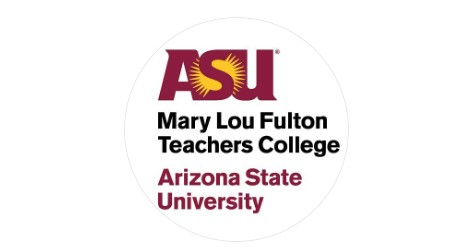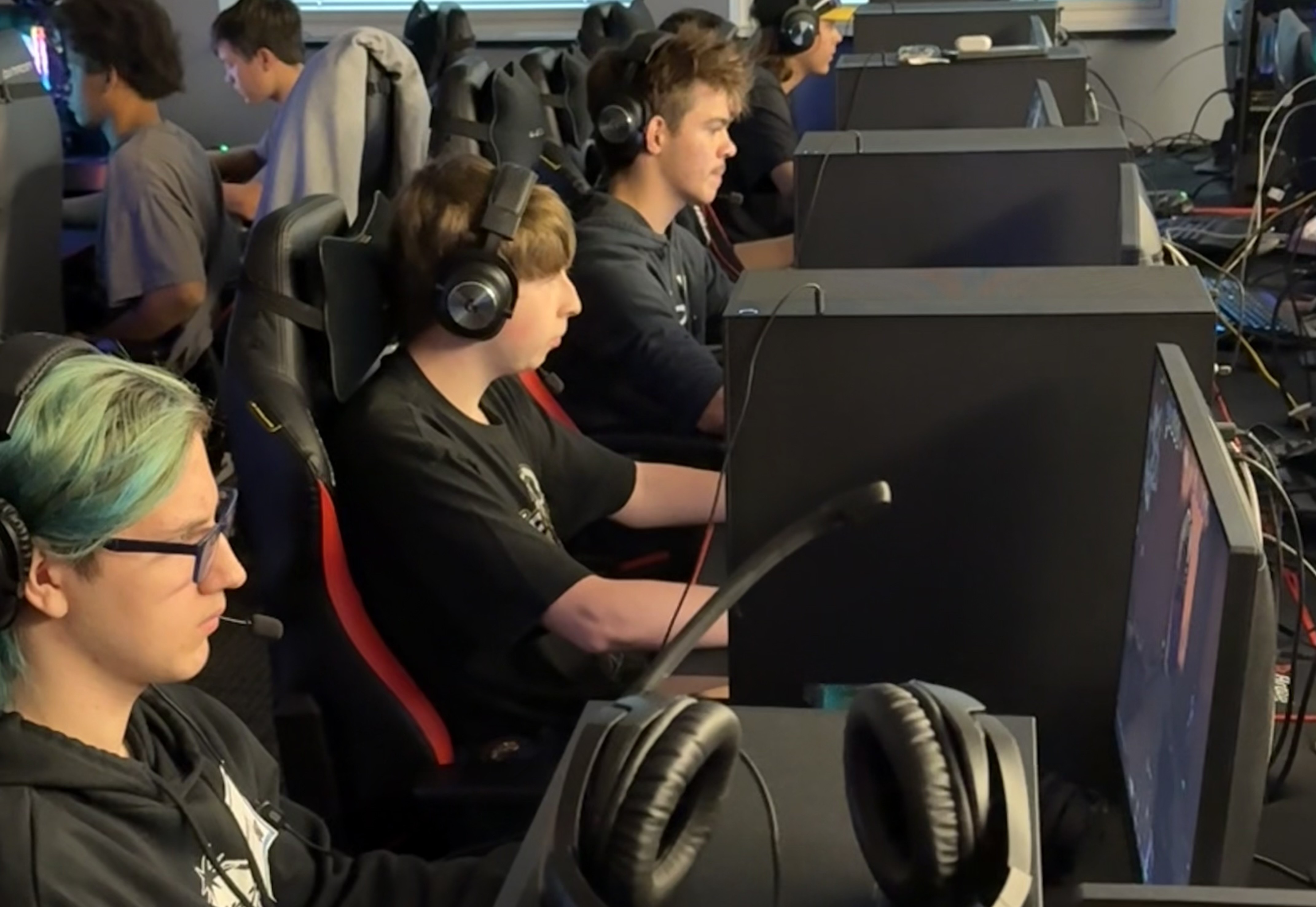Presented by Arizona State University
PRODUCT SPOTLIGHT: Arizona State University’s Mary Lou Fulton Teachers College Community Educator Learning Hub Supports Learning Recovery
The Community Educator Learning Hub is a learning platform for community members who help with the education of K-12 students.

Teachers are essential, and they can’t do it alone. Families and community members are needed now more than ever to support children’s learning recovery. Accessible training can help them move the needle for students.
The Community Educator Learning Hub is an online learning platform with nearly 200 nanocourses that break down the competencies of teaching and learning into easy-to-understand tips. These community educators–families, tutors, mentors, and other caring community members–can learn how to support children in a wide variety of areas, from reading skills to math strategies to emotional self-regulation to systems thinking.
The Hub was created by ASU Mary Lou Fulton Teachers College as part of the Arizona Community Educator Initiative, founded through a state grant-funded program that targets pandemic-related learning recovery, and continuing through partnerships with organizations throughout the country who leverage the platform as their go-to training resource for their team members who work with students.
“The Mary Lou Fulton Teachers College at ASU has created a dynamic center where interactive and nano courses are being offered to the community,” said Tech & Learning’s judges in selecting it as a winner for Best of Back to School 2024. “From literacy and math to ELL this is a great resource for community groups to understand and deliver curriculum.”
Educational Support
High-quality tutors are needed now more than ever. Pandemic-related school closures exacerbated learning gaps, in particular for disadvantaged students–a 35% learning loss as a result. Tutoring can help students catch up and accelerate their learning, leading to better academic performance and positive effects on students’ emotional development and well-being.
Many schools already count on tutor and paraeducator support. They also have other staff members, volunteers, and family members on whom they could rely to assist teachers with helping catch up their students’ learning. The challenge lies in how to train them to be confident, engaging, and effective when working with students. The Community Educator Learning Hub was designed specifically for this purpose.
More than 7,000 users (up from 3,500 users in early 2024) have registered to access the platform, which is free to Arizonans through the 2024-25 school year, and subscriptions are available to organizations outside of Arizona. (Sign up here with code "Community" for a complimentary 30-day trial. Arizonans will have access through June 2025.)
A year ago, access was rolled out to support pilot programs that have proven successful and are still active, such as with hundreds of high school career and technical education students taking nanocourses to help them serve as student success coaches to elementary school students. Also, as part of ASU’s Preparing Educators for Arizona’s Indian Communities program, nanocourses have been developed by Indigenous community experts to help train a network of extended kin to assist Indigenous students. Plus, more than 1,700 high-impact tutors from organizations such as Step Up Tutoring, Teach for America Ignite Fellowship, OnYourMark Education, and Grand Valley State University, supported by Annenberg Learner, receive tutor onboarding and training through nanocourses.
On completion of their assigned training courses from their tutoring organizations, many will be eligible to earn a microcredential as a High-Impact Tutor.
Building Community
The Community Educator Learning Hub is a learning platform for community members – regardless if they have professional teaching experience – who help professional educators with the learning of their K-12 students.
The online tool, available 24/7 and developed by award-winning ASU faculty and other community organizations was designed for tutors, mentors, family members, paraeducators, volunteers and other community educators be better prepared to assist with the student experience in classroom and one-on-one in-person and virtually. The nanocourses help community educators by improving their instruction skills, boosting their confidence, and elevating their sense of preparedness.
Each nanocourse takes just 15 minutes to complete. Courses break down the competencies of teaching into easy-to-understand tips. The nanocourse approach reduces cognitive overload, decreases risk of interruption, and encourages course enrollees to review content multiple times, which increases interest, skill and knowledge retention, engagement, and performance.
More than just general teaching techniques, courses include subject-specific content and come in bundles (e.g. Early Literacy, Reading, Math Strategies). And nanocourses aren’t simple on-demand videos; each features engaging, interactive, seamless learning modules that require active responses and allow users to earn badges and certificates.
School systems have finite resources available to assist students through faculty and staff, time, and budget. The Community Educator Learning Hub is time-saving, engaging training for community members who can support children’s learning in schools. It is easy to implement as a training protocol and not only provides consistent, reliable training for all of its users, but helps provide deeper, more personalized learning experiences for students when these community educators leverage this training.
Schools and organizations are using the Community Educator Learning Hub to:
- Help tutors effectively build relationships and use evidence-based practices
- Empower paraeducators and pre-service teachers to lead instruction
- Equip families with math and reading strategies to support children at home
- Make impactful reading buddies out of members of the school community
- Ensure new volunteers have access to helpful training 24/7
Research from The Institute of Education Sciences has revealed that there has been both a lag in learning stemming directly from pandemic school closures and that recovery is possible, in part through the use of some form of tutoring to assist professional educators. An estimated 4 in 5 public schools offer tutoring programs, and these tutors could benefit from training through the Community Educator Learning Hub.
GO HERE FOR MORE INFORMATION ABOUT THE COMMUNITY EDUCATOR LEARNING HUB
Tools and ideas to transform education. Sign up below.


